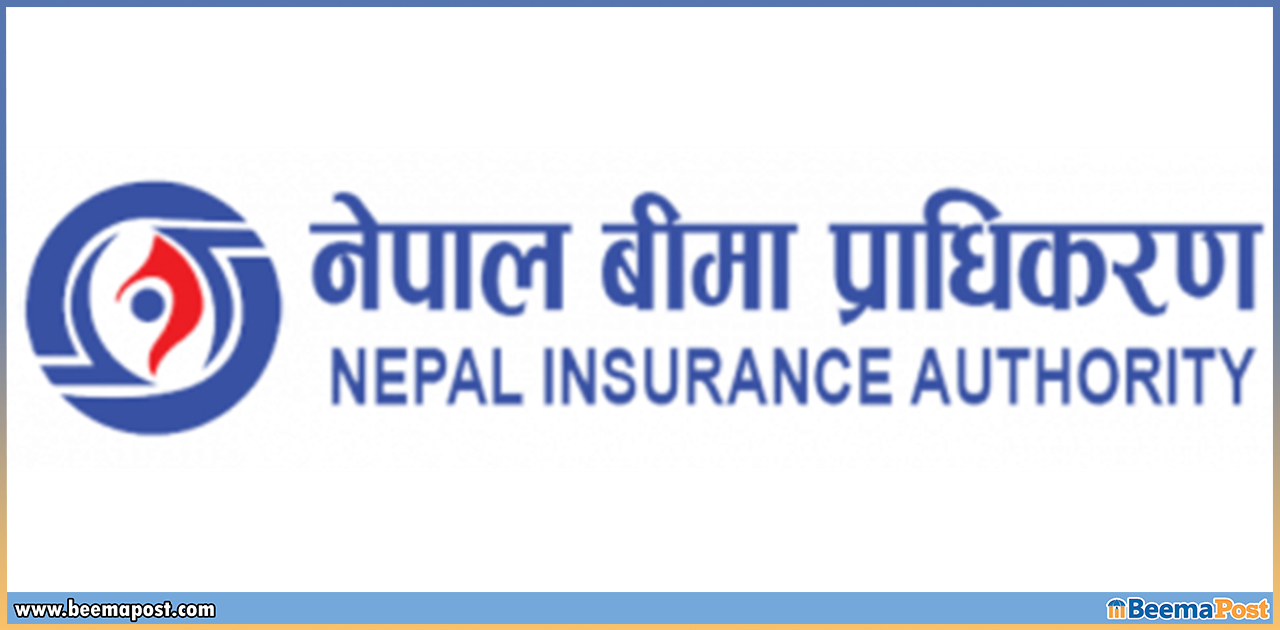Nepal’s Insurance Industry in Turmoil amidst Regulatory Corruption and Disputes

Kathmandu, Nepal’s insurance industry is currently grappling with significant turmoil as the Insurance Regulatory Authority faces accusations of unethical practices and corruption. Allegations have surfaced that the regulatory body has been attempting to secure a share of commissions through dubious means, particularly in the lucrative sector of foreign employment term insurance.
Recent reports indicate that a small group within the regulator is allegedly manipulating policies under the guise of preventing unhealthy competition. Their efforts include attempts to integrate micro-insurance into broader regulatory frameworks to benefit specific micro-insurance companies. Notably, the Chairman of the Insurance Authority, Surya Prasad Silwal, has been actively pushing for government mandates to bring foreign employment term insurance under a bridge, a move seen as controversial by many in the industry.
Foreign employment term insurance has emerged as one of the most profitable sectors for life insurance companies in Nepal. These policies, which do not require the return of premiums and primarily involve risk transfer, have become an attractive source of income. However, concerns have been raised about the Insurance Authority’s decision to grant licenses to smaller insurance companies allegedly in exchange for bribes. Chairman Silwal’s decision to allocate a portion of the lucrative term insurance business to these smaller companies has sparked further controversy.
The situation has been further complicated by disagreements over who will manage the term insurance bridge. The crux of the issue lies in the distribution of management responsibilities among life insurance companies, particularly concerning the additional 2 percent commission that comes with managing the bridge. The lack of consensus on this matter has led to disputes within the Life Insurance Association, with larger companies vying for the lucrative management role.
A CEO from one of the life insurance companies revealed that while most companies are willing to participate in the bridge for term insurance, they have not reached an agreement on the process. The primary point of contention remains the allocation of the manager role, which allows the managing company to charge a 2 percent higher premium than others. This has led to intense competition among the top three life insurance companies, further escalating tensions within the industry.
The controversy surrounding the bridge system is not new. A similar dispute over the 2 percent commission among four life insurance companies led to the suspension in July 2079, just four years after its implementation in January 2075.
As disputes within the Life Insurance Association continue to spread, there are growing concerns about the potential impact on the industry. In response, Chairman Silwal and the Insurance Regulatory Authority have been working to find a resolution. The authority has reportedly prepared new procedures to facilitate the implementation on the bridge and has issued directives aimed at easing tensions within the association.
However, if the Life Insurance Association fails to reach an agreement, the Insurance Regulatory Authority may need to take further steps to ensure stability in Nepal’s insurance industry. The situation remains fluid, and all eyes are on how the regulatory body and industry stakeholders will navigate these challenges.
